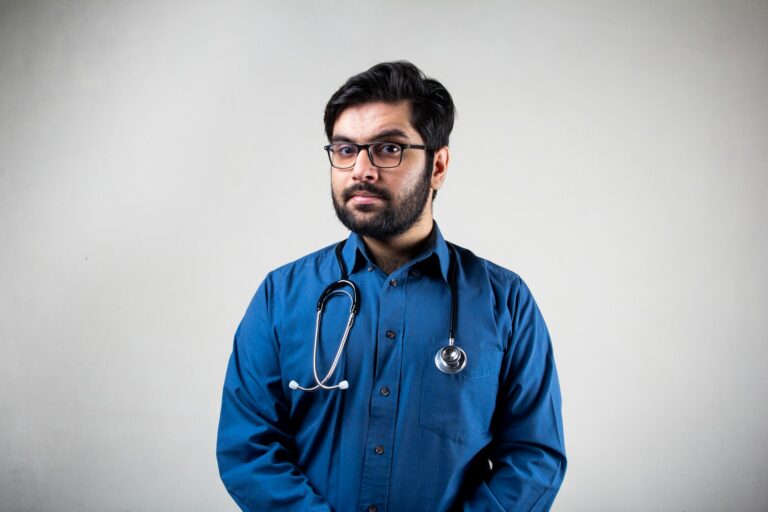QUERCC
Quantifying, Understanding and Enhancing Relational Continuity
of Care
What is Relational Continuity of Care?

Relational continuity of care (RCC) describes a relationship where patients see the same doctor over time. Research shows that both patients and General Practitioners value RCC and the evidence also suggests that it has benefits for patients because they request fewer follow up appointments and experience better health. Although current NHS policy aims to maintain continuity for patients with long-term conditions such as diabetes, RCC has been declining for at least a decade. This decline may be because general practices are getting bigger, with more General Practitioners in each practice. The decline may also be linked to more doctors working part-time or moving from one practice to another. It may also be due to a focus on improving patient access, rather than continuity.
General practices in the UK vary widely in the numbers of patients they see and the services they offer. To learn more about how these differences between practices affect RCC the QUERCC study will collect a wide range of data using different methods. The overall aim is to provide guidance to help General Practitioners to measure and improve relational continuity of care for their patients.
The study has five steps
In the first phase we will hold two workshops to develop a shared understanding of what RCC means and how we can best measure it. The workshops will bring together three groups of participants: patients, clinicians (doctors, nurses, occupational therapists, physiotherapists) and researchers interested in RCC. We will use the findings from the workshops to inform the next steps of our study.
Near the end of the study, we
will hold two workshops to develop practical guidance to help General Practices
improve continuity of care. The workshops will include patients, clinicians and
researchers. By including members of
organisations such as the Royal College of General Practitioners (RCGP) and patient
representatives we will ensure our guidance is relevant and practical for General
Practitioners and for patients.